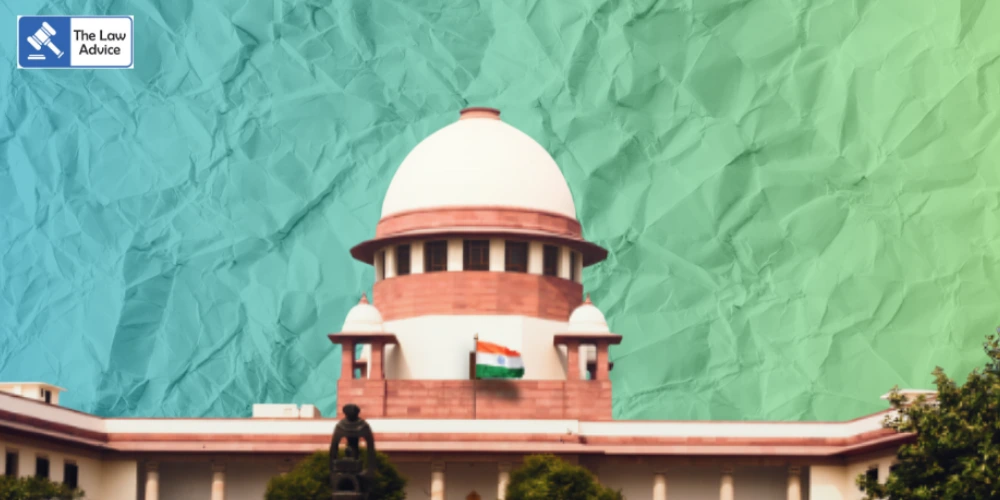
The Supreme Court has held that denying regularisation to some daily wagers while extending the benefit to others performing identical duties in the same establishment is discriminatory and violates constitutional equity. It emphasised that the State, as a model employer, cannot perpetuate unfair labour practices under the guise of financial constraints or administrative hurdles.
The case arose when the appellants—five Class-IV employees and one Driver—who had been working with the Respondent-Commission since 1989–1992, were denied regularisation despite decades of continuous service. The State rejected their claim citing “financial limitations” and a “ban on new posts,” while regularising other similarly placed workers against vacant posts. The Allahabad High Court upheld the State’s stance, prompting the present appeal.
A bench of Justices Vikram Nath and Sandeep Mehta, setting aside the High Court ruling, underscored that selective regularisation amounts to hostile discrimination. Authoring the judgment, Justice Nath observed:
“Continuing the appellants as daily wagers while regularising others with comparable tenure and duties is arbitrary and offends Articles 14, 16 and 21 of the Constitution. As a constitutional employer, the State must treat its perennial workers with dignity and fairness, create sanctioned posts, budget for their engagement, and implement judicial mandates faithfully. Delay or denial in this regard is not a matter of mere negligence but a conscious disregard of rights.”
The Court framed an operative scheme directing creation of supernumerary posts where necessary, full regularisation with effect from 2002, continuity of service, full back wages, and all consequential benefits. It further ordered placement of each appellant at not less than the minimum of the pay scale, with protection of higher last-drawn wages, entitlement to increments, and seniority counting from the date of regularisation.
The Court concluded that transparency in employment and fairness in administration are not matters of State generosity but binding constitutional obligations.
Cause Title: Dharam Singh & Ors. v. State of U.P. & Anr.
Website designed, developed and maintained by webexy